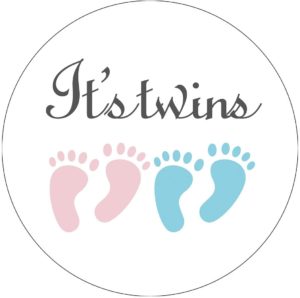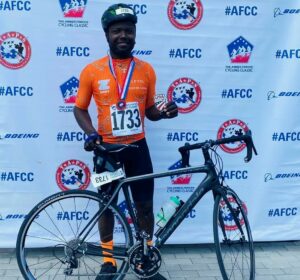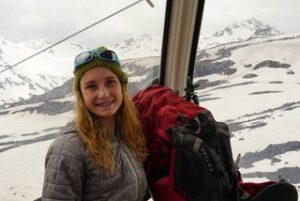
Often times, people are critical of international development organizations and the impact their efforts have on developing countries. As an undergraduate student studying sociology and anthropology, we were taught that the majority of international organizations are ethnocentric, viewing themselves as saviors of the developing world. These aid workers thought of themselves as true visionaries and problem solvers, rushing into impoverished communities, pointing out all of their flaws, implementing their own solutions (regardless of whether those solutions were effective or not), and patting themselves on the backs for a job well-done. On the receiving end, the communities felt dis-empowered and offended by the attitudes and actions of the aid workers. Skilled workers felt bitter about losing paid work opportunities to foreign volunteers who provided services for free. The rapport between communities and aid workers was poor and superficial. This dynamic has left many international development evaluators critical of the value of doing international work. Some have even suggested that it discontinues.
I have found that WaterStep’s work in Haiti provides a case-study that challenges these conceptions of international work. This is primarily a result of our commitment to building deep, sincere, and meaningful relationships with those around us. As we develop true friendships in the countries and communities we work with, we are able to collaborate with our friends to implement effective, sustainable, and transformative change.
Let me provide you with an example:
In March of 2012, myself and a small team spent just over a week in Grand Goave, Haiti completing 2 water system installations at 2 different schools. During that week, we spent a considerable amount of time with our translator who not only translated for us, but showed us where to get materials, helped us install the systems, introduced us to local professionals who desired to be trained in water treatment, and was trained in water treatment, himself. Before leaving, he and I traded contact information and kept in touch via Skype, Facebook, email, and phone. A little over a year later, he let me know that he had changed jobs and was now working for an orphanage that lacked access to safe water. He asked if WaterStep could return to train the school in water treatment and health and hygiene education. When we arrived about 6 months later, we found that our friend had prepared our housing and food arrangements. He had established a team of young men to work on the installation, and to be trained in water treatment. He had prepared the children to undergo health and hygiene lessons, and he had set up a meeting with the lead pastor of another orphanage to discuss water treatment at their location. Within 10 minutes of meeting him, the pastor invited us to tour his orphanage, and made a specific request that we return soon to train his administrators and install a water treatment system. Because we had built a relationship with our translator, he had become an advocate in his community not only for safe water, but for WaterStep. This process (as of October, 2013) situates WaterStep with 37 requests in Haiti to come and provide training in health and hygiene and water treatment.
It is the desire of our many friends in Haiti that WaterStep continues to provide education, training, and innovative tools that empower them to enhance the quality of life for all Haitians through safe water and improved health and hygiene. I call them ‘friends,’ because that is the most accurate description of our relationship. We encourage them and support them in their vision for a strong, prosperous nation of people. We celebrate their weddings and the birth of their children. We mourn the loss of their loved ones. When disaster strikes, we persevere with them. The relationship is mutual. They refine our programming and push us to new levels of creativity and innovation. They pray for us and for our families. They cheer for us and our partners when we are successful in other countries. We are a part of their lives, and they are a part of ours.
Haitians are incredibly resilient people, and they are making their nation better. We, at WaterStep, are privileged to be invited to play a role in their plans to build healthy communities.




